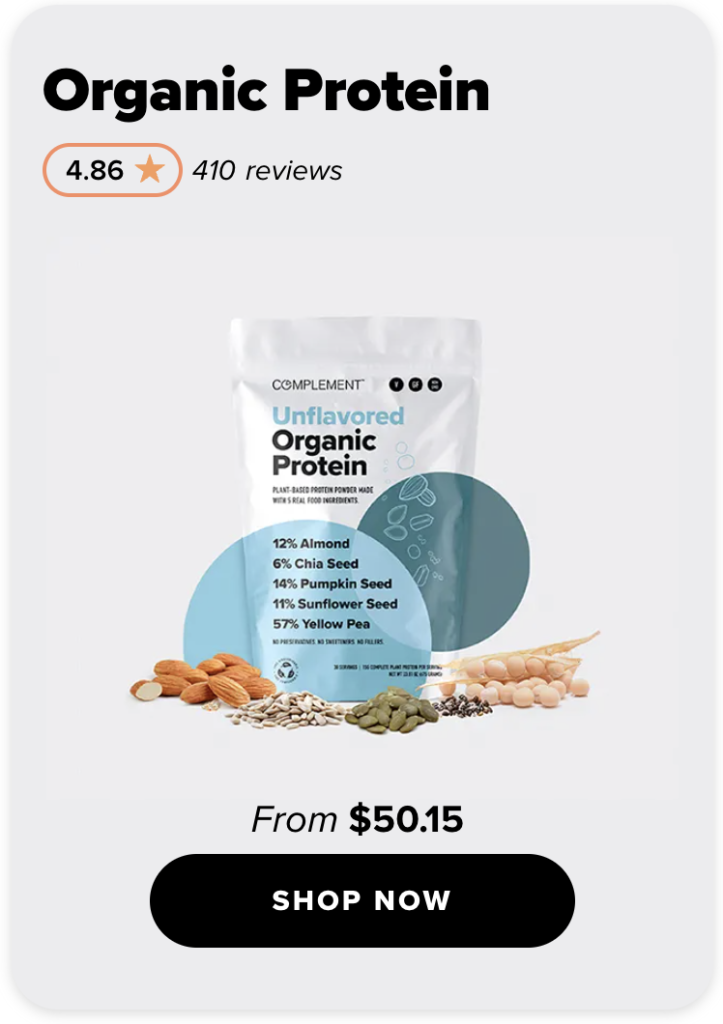When it comes to our bodily functions, there’s one topic that’s often considered taboo: bowel movements. But the truth is, our bowel health is incredibly important for our overall well-being, and the question of how often should we poop is crucial for maintaining a healthy lifestyle. In this post, we’ll explore the topic of bowel movements and how a vegan diet can help regulate them.
How Often Should We Be Going?
When it comes to bowel movements, there’s no one-size-fits-all answer. According to the National Institute of Diabetes and Digestive and Kidney Diseases (NIDDK), a normal range for bowel movements is anywhere from three times a day to three times a week. It’s important to note that what’s considered normal for one person may not be the same for another.
Many factors can affect bowel movements, including diet, exercise, stress levels, and medications. For example, a diet high in fiber can promote regular bowel movements, while a diet low in fiber can lead to constipation. Similarly, stress and certain medications can slow down the digestive process, leading to less frequent bowel movements.
The Benefits of a Vegan Diet
When it comes to promoting regular bowel movements, a vegan diet can be incredibly beneficial. Vegan diets are naturally high in fiber, which is essential for maintaining healthy digestion. According to a study published in the Journal of Renal Nutrition, vegans had significantly higher intake of dietary fiber compared to non-vegans.
In addition to being high in fiber, vegan diets are also low in fat and animal protein. These two factors can contribute to constipation and other digestive issues. A study published in the Journal of the American Dietetic Association found that vegans had significantly less constipation and diarrhea compared to non-vegans.
Another benefit of a vegan diet is that it’s typically rich in fruits and vegetables. These foods are high in water and other nutrients that can help promote healthy digestion. A study published in the Journal of Human Nutrition and Dietetics found that those who ate more fruits and vegetables had a higher frequency of bowel movements compared to those who ate less.
The Bottom Line
When it comes to bowel movements, there’s no one-size-fits-all answer. The normal range is anywhere from three times a day to three times a week. Factors such as diet, exercise, stress levels, and medications can affect bowel movements. A vegan diet can help promote regular bowel movements by providing high levels of dietary fiber, low levels of fat and animal protein, and ample amounts of fruits and vegetables.
It’s important to note that everyone’s body is different and some people may have specific medical conditions that impact their bowel movements. If you have any concerns about your bowel movements, it’s always best to consult with a healthcare professional.
References:
- National Institute of Diabetes and Digestive and Kidney Diseases (NIDDK). (n.d.). Bowel movements: What’s normal, what’s not. Retrieved from https://www.niddk.nih.gov/health-information/digestive-diseases/bowel-movements
- Orlich, M. J., Singh, P. N., Sabaté, J., & Fraser, G. E. (2013). Vegetarian dietary patterns and mortality in Adventist Health Study 2. JAMA Internal Medicine, 173(13), 1230-1238.
- Appleby, P. N., Key, T. J., & Rosell, M. S. (2016). The association between diet and serum concentrations of IGF-I, IGFBP–3, and cancer risk: results from the European Prospective Investigation into Cancer and Nutrition. The American Journal of Clinical Nutrition, 103(6), 1498-1507.
- Haddad, E., Tanzman, J., & Raj, L. (2003). What do vegetarians in the United States eat?. American Journal of Clinical Nutrition, 78(3), 626S-632S.
- Fung, T. T., Willett, W. C., Stampfer, M. J., Manson, J. E., & Hu, F. B. (2004). Dietary patterns and the risk of coronary heart disease in women. Arch Intern Med, 164(14), 1467-1473.
- Kjeldsen-Kragh, J., & Foss, O. P. (1994). Vegetarian diet for patients with rheumatoid arthritis. The Lancet, 343(8911), 1362.
- Le, L., & Sabaté, J. (2014). Beyond meatless, the health effects of vegan diets: findings from the Adventist cohorts. Nutrients, 6(6), 2131-2147.
- Some research for this article compiled with the assistance of ChatGPT/OpenAI







